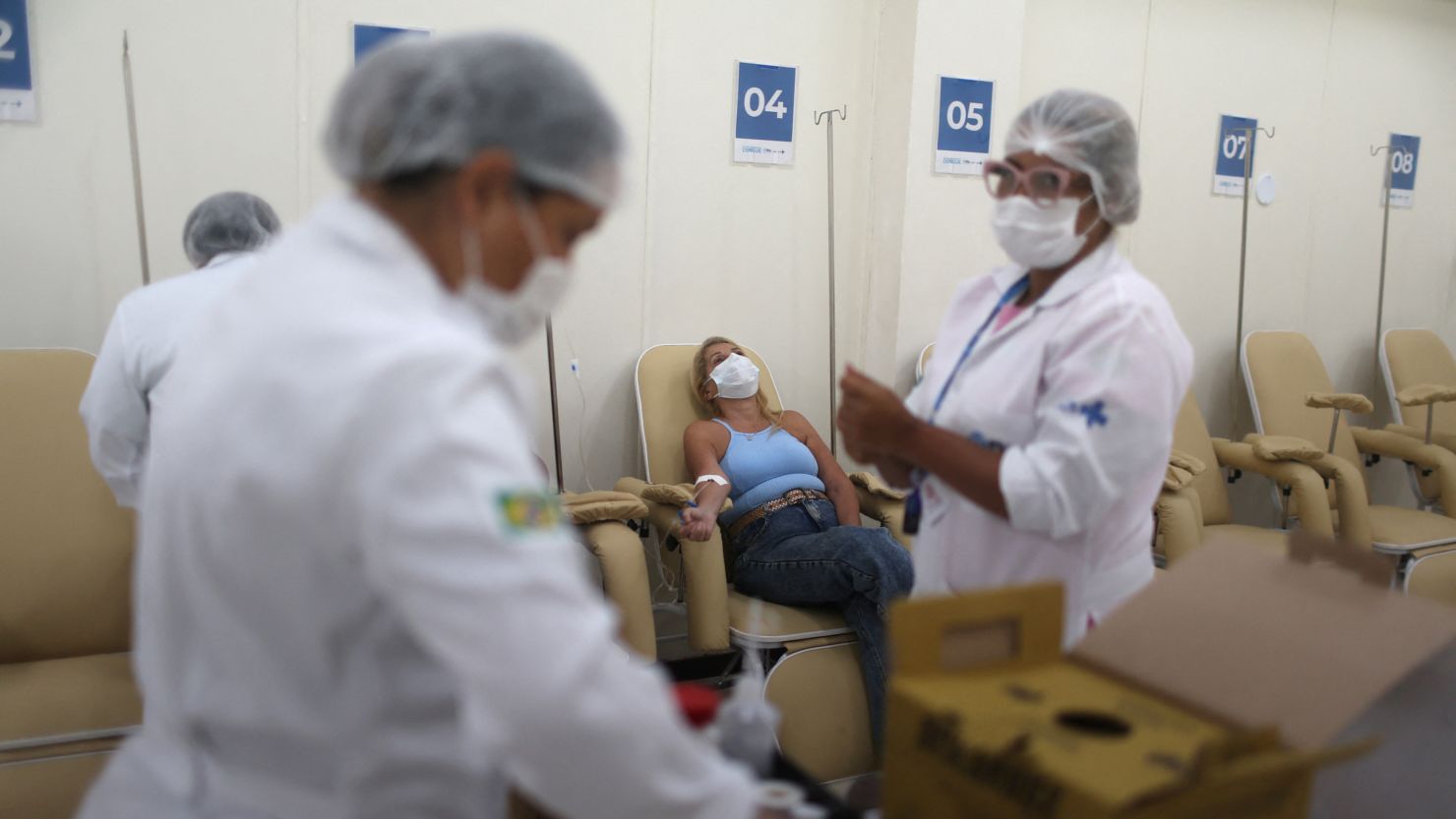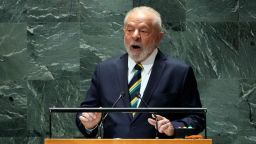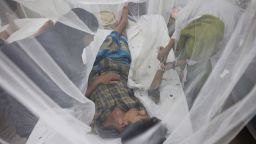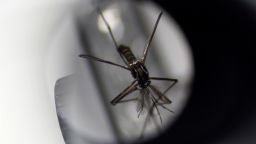Rio de Janeiro has declared a state of public health emergency due to an epidemic of dengue fever, just days before Carnival celebrations are set to take place across Brazil.
The city’s mayor Eduardo Paes announced the move on Monday, according to CNN affiliate CNN Brasil, in an effort to contain the spread of the mosquito-borne disease, which causes flu-like symptoms and can lead to death in extreme cases.
The surge in dengue cases has added urgency to a planned nationwide vaccination drive and also comes as Rio gears up for its world-famous Carnival, which officially starts on Friday. The pre-Lent festivities are held across Brazil, with Rio’s colorful parades and block parties renowned for being among the world’s biggest parties as millions of revelers pour onto the streets.
This year, Rio has already registered more than 11,200 dengue cases, according to the city council’s epidemiological observatory panel, compared to nearly 23,000 for the whole of 2023.
In January alone, 362 people were hospitalized in Rio due to dengue — a record that tops the previous high from 2008, CNN Brasil reported.
“In a single month of 2024 we already have almost half the cases of the entire previous year, which generated intense concern,” Rio’s Municipal Health Secretary Daniel Soranz said last Friday.
To curb further spread of the disease, the city said it would open 10 care centers across Rio and the Health Ministry has set up an emergency center to coordinate operations, Reuters reported.
Rio is one of three states to declare public health emergencies because of the rise in dengue infections, including the second most populous state Minas Gerais, and the Federal District, where the capital Brasilia is located, according to Reuters.
In the first five weeks of the year, nearly 365,000 dengue infections were reported across the country – four times that of the same period last year, Reuters reported, citing the Health Ministry. Forty deaths have been confirmed, the ministry reportedly said.
“Several Brazilian cities are facing an emergency situation due to the large increase in dengue cases,” Brazil’s Health Minister Nísia Trindade said in a statement Tuesday.
“Record heat and above-average rainfall since last year have increased mosquito-transmitting outbreaks… This is the time to intensify care and prevention. Now it’s time for all of Brazil to unite against dengue.”
Vaccination drive
Dengue is a viral infection transmitted through the bite of the Aedes aegypti mosquito, the same insect responsible for spreading Zika, chikungunya and yellow fever.
It causes piercing headaches, muscle and joint pains, fever and rashes, though only 25% of those infected show symptoms. Extreme cases can bring bleeding, shock, organ failure, and potentially death.
Dengue is the most common virus transmitted by mosquitos, infecting millions of people worldwide every year, according to the US Centers for Disease Control and Prevention.
While there is no specific treatment for the disease, Brazil is planning to roll out a mass vaccination campaign against dengue.
Brazil approved the vaccine in March 2023, and became the first country to offer a dengue vaccine in the public health system, according to the Health Ministry.
The ministry’s plan is to inoculate 3.2 million people in 2024, starting with children ages 10 to 14, with the Qdenga vaccine from Japanese drugmaker Takeda.
“Vaccination will take place progressively, given the limited number of doses produced by the manufacturing laboratory,” Nísia said in a statement. “At the same time, the Ministry of Health will coordinate a national effort to expand production and access to dengue vaccines.”
Brasilia will start vaccinations as early as Friday, Reuters reported.
Rio’s Municipal Health Department said it was also planning to vaccinate children as soon as the doses are released by the Health Ministry, CNN Brasil reported.
Clinical trials have shown the vaccine reduced the risk of severe dengue requiring hospitalization by 80-90%, according to an article published in the Lancet journal last month.
Speaking in Brasilia on Wednesday, World Health Organization (WHO) Director-General Tedros Adhanom Ghebreyesus said Brazil’s current dengue outbreak “is being fueled by the El Niño phenomenon,” a natural climate pattern that originates in the Pacific Ocean and influences global weather. The current El Niño has become one of the strongest on record, according to new data from the NOAA’s Climate Prediction Center.
“In fact, this outbreak of dengue is part of a global surge in dengue with more than 5 million cases and 5,000 reported last year from 80 countries in every region in the world, except the Europe region,” Tedros said.
Of those 5 million global cases reported, almost 3 million were in Brazil, according to WHO data.
The global number of dengue cases has increased eightfold in the past two decades, according to WHO, driven by higher temperatures and prologued rainy seasons.
As the human-caused climate crisis worsens, mosquito-borne diseases will likely spread further and have an ever-greater impact on human health.
This story has been updated with additional developments. Additional reporting by Reuters.









